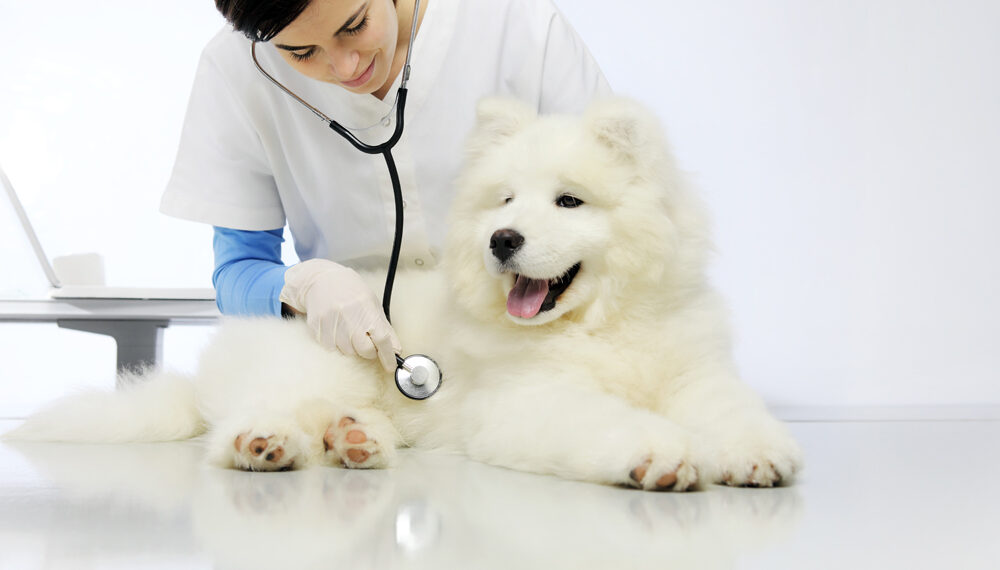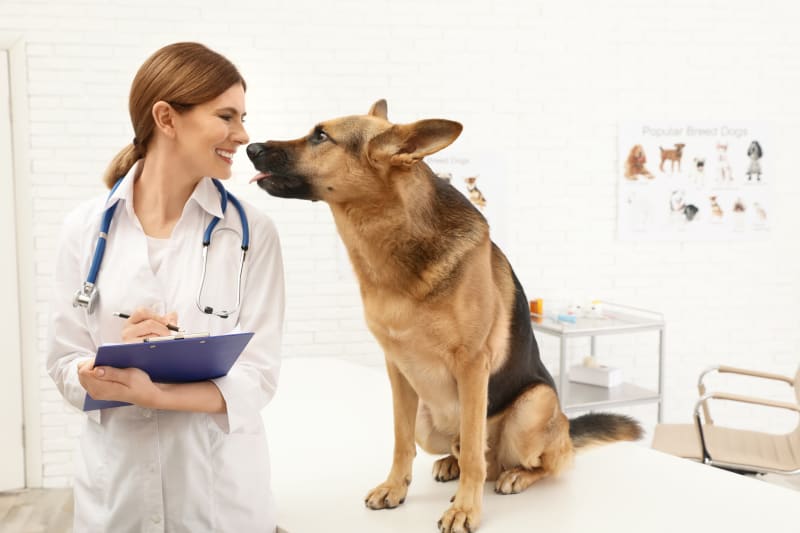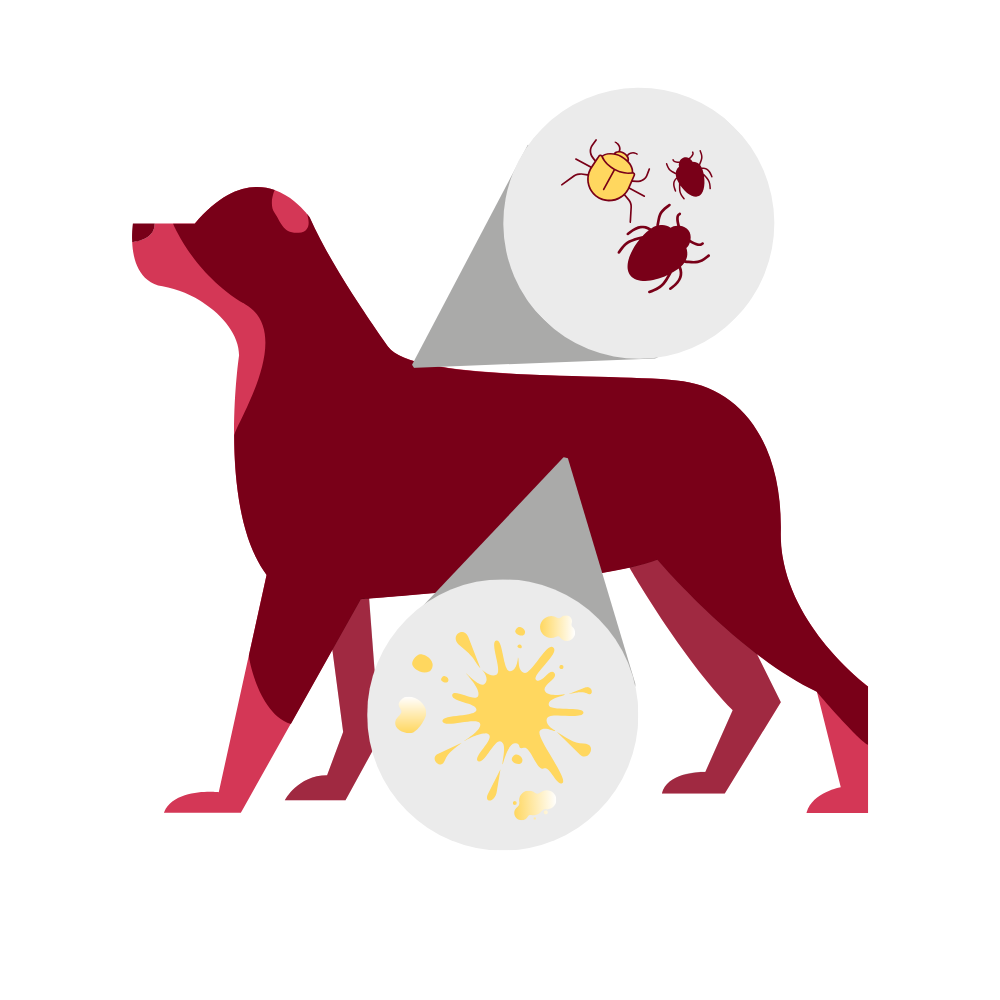Ensuring your dog enjoys a life of optimal health requires understanding and meeting their basic needs. Much like humans, dogs thrive when their physical, mental, and emotional needs are satisfied. In this article, we will explore the various aspects of dog care that contribute to their peak wellness.
Nutritional Requirements
A balanced diet is crucial for your dog’s health. Canines require a diet rich in proteins, fats, carbohydrates, vitamins, and minerals. It’s important to select high-quality dog food that meets these dietary needs. Consult with your veterinarian to determine the best food for your dog’s age, size, and breed.
Exercise
Regular physical activity is essential for maintaining your dog’s physical health. Exercise helps prevent obesity, supports cardiovascular health, and provides mental stimulation. Activities such as walks, runs, fetch, and agility training are excellent ways to keep your dog fit and engaged.
Mental Stimulation
Dogs need cognitive engagement to stay sharp and happy. Providing toys, puzzles, and interactive games can help stimulate your dog’s mind. Training sessions and new experiences, like visiting new places, also contribute to mental well-being.
Veterinary Care
Regular medical attention is vital. Routine vet visits allow for early detection of potential health issues. Keep up with vaccinations, dental care, and preventive health measures to ensure your dog remains healthy.

Socialization
Interaction with other dogs and people is important for your dog’s social development. Proper socialization helps prevent behavioral issues and anxiety. Arrange playdates, visits to dog parks, and training classes to promote positive interactions.
Hydration
Adequate water intake is essential for your dog’s overall health. Ensure fresh water is always available. Hydration is crucial for digestion, nutrient absorption, and temperature regulation.
Grooming
Regular grooming is important for maintaining your dog’s hygiene and appearance. Brush your dog’s coat, trim their nails, and bathe them as needed. Grooming sessions are also an opportunity to check for skin issues or parasites.
Comfortable Living Environment
A safe and comfortable habitat is essential. Provide a cozy bed, safe toys, and a clean living space. Ensure your dog has a quiet place to rest and feel secure.

Training
Behavioral guidance through training helps your dog understand expectations and boundaries. Positive reinforcement techniques can make training an enjoyable and effective process. Consistency is key to successful training.
Dental Care
Oral hygiene is often overlooked but is critical to your dog’s health. Brush your dog’s teeth regularly and provide dental chews to prevent plaque buildup and dental diseases.
Preventive Health Measures
Regular wellness checks, vaccinations, and parasite control are preventive measures that protect your dog from various health issues. Stay on top of these to avoid potential problems.
Playtime
Recreational activities are not just fun but essential for your dog’s happiness. Playtime strengthens your bond and provides physical exercise and mental stimulation. Choose safe toys and engage in games that your dog enjoys.
Affection
Emotional bonding with your dog is vital for their well-being. Show affection through petting, cuddling, and talking to your dog. Positive attention makes your dog feel loved and secure.
Proper Diet
A balanced nutrition plan tailored to your dog’s needs supports their health and energy levels. Avoid overfeeding and monitor your dog’s weight to prevent obesity.

Vaccinations
Immunizations protect your dog from contagious diseases. Follow your vet’s vaccination schedule to keep your dog safe from common canine illnesses.
Regular Checkups
Routine vet visits are crucial for monitoring your dog’s health. Early detection of health issues can lead to more effective treatments.
Weight Management
Maintaining a healthy weight is essential for your dog’s longevity and quality of life. Monitor their diet and exercise to ensure they stay at an ideal weight.
Age-Specific Needs
As dogs age, their needs change. Puppies, adults, and senior dogs require different care routines. Adapt your care approach to suit your dog’s life stage.
Parasite Control
Protect your dog from pests like fleas, ticks, and worms. Use preventive treatments and regularly check your dog for signs of infestation.

Healthy Sleep
Restful sleep is crucial for your dog’s health. Provide a comfortable bed in a quiet area to ensure your dog gets adequate rest.
Safe Toys
Choose non-toxic playthings that are appropriate for your dog’s size and chewing habits. Safe toys prevent injuries and provide entertainment.
Quality Food
Premium dog food made from high-quality ingredients supports your dog’s health. Avoid foods with fillers and artificial additives.
Environmental Enrichment
Stimulating surroundings enhance your dog’s life. Provide opportunities for exploration and play within your home and yard.
Conclusion
Meeting your dog’s basic needs is the foundation of their optimal health. By providing proper nutrition, regular exercise, mental stimulation, medical care, and a loving environment, you can ensure your furry friend enjoys a long, healthy, and happy life. Remember, every dog is unique, so tailor your care approach to best suit your dog’s individual needs.





















